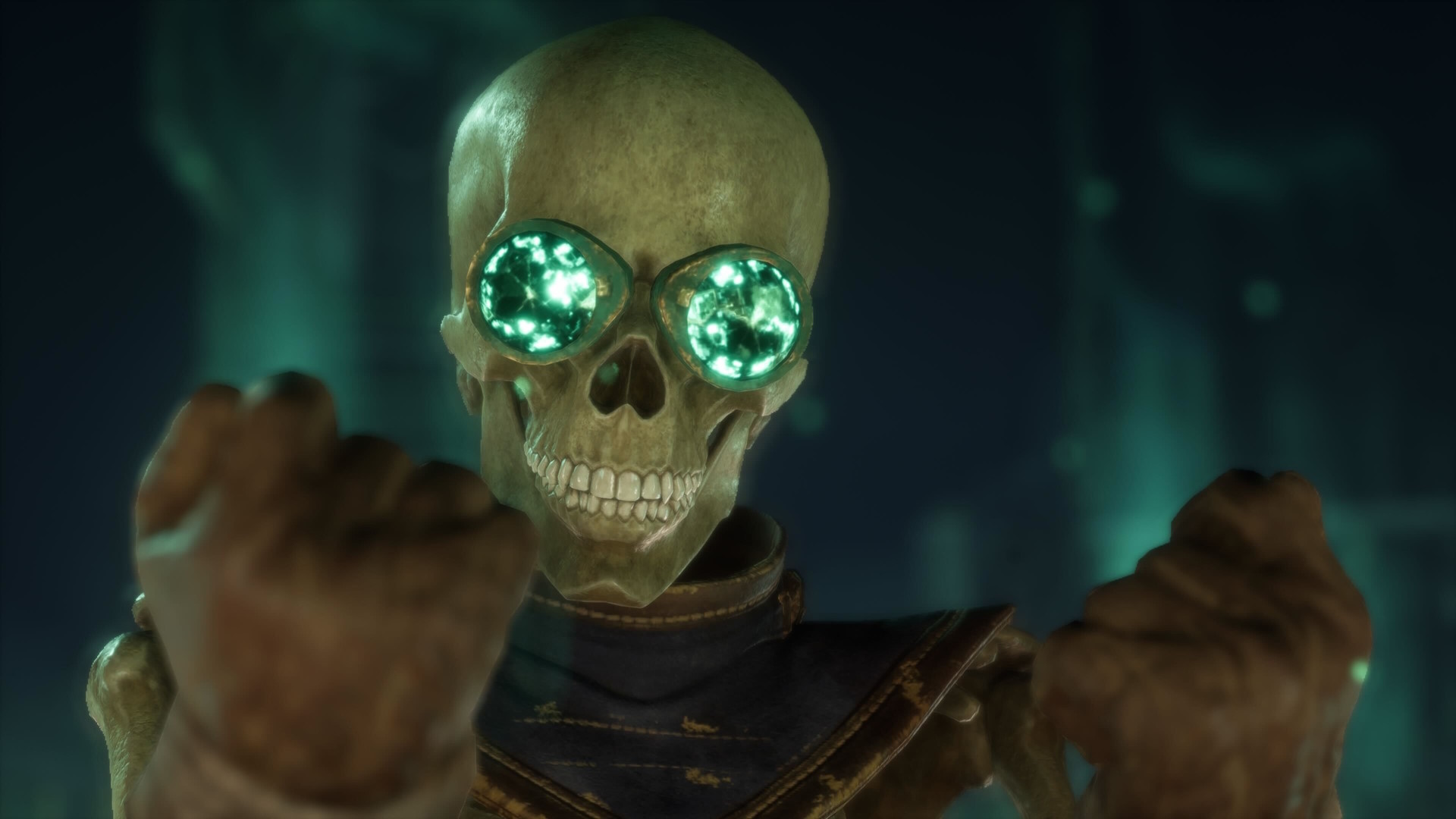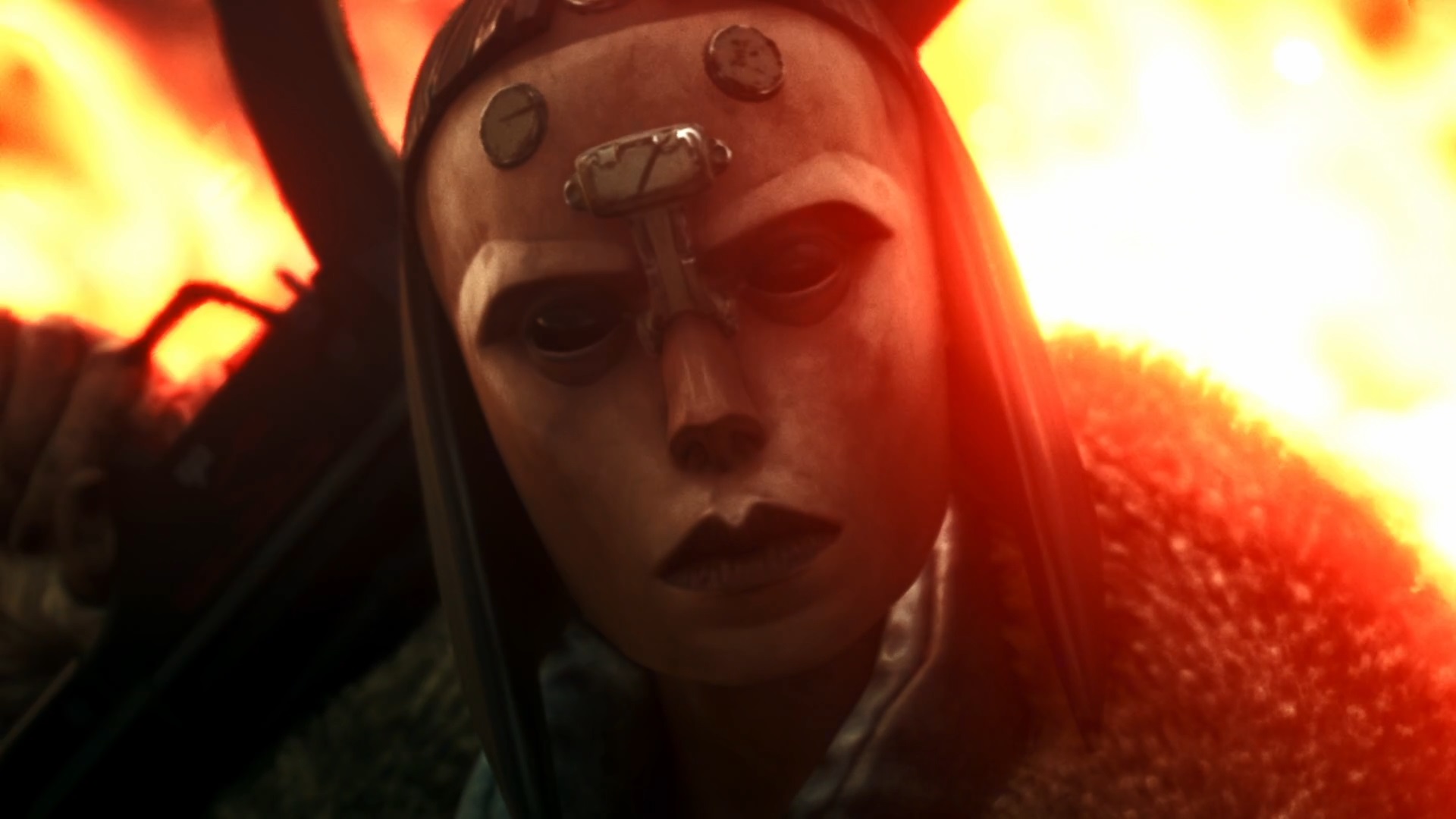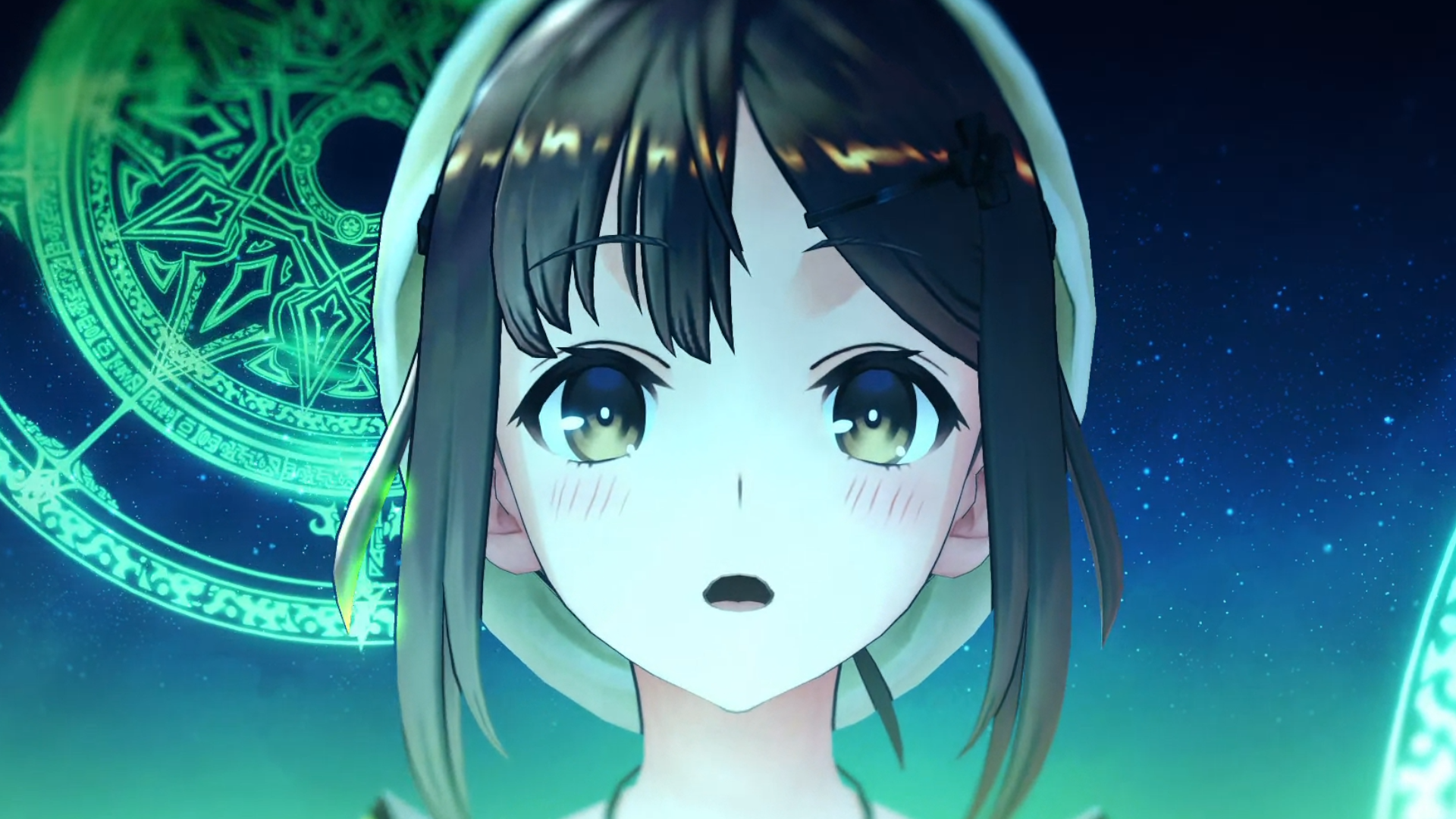Nobody could accuse me of being a fan of Dragon Age: The Veilguard. It was a serious misfire from a once-exceptional studio, and while I can understand why it resonated with some players—it was pretty, breezy and had fun, snappy combat—after Andromeda and Anthem, it was the third and final strike. Yet I still find myself compelled to defend it from EA CEO Andrew Wilson’s absurd criticism, which he recently offered up during this week’s quarterly financial call.
Despite the fact that The Veilguard reviewed well, enjoyed a fairly positive reception, and “engaged approximately 1.5 million players during the quarter”, EA had much higher expectations, which means it’s been tarred with the brush of disappointment.
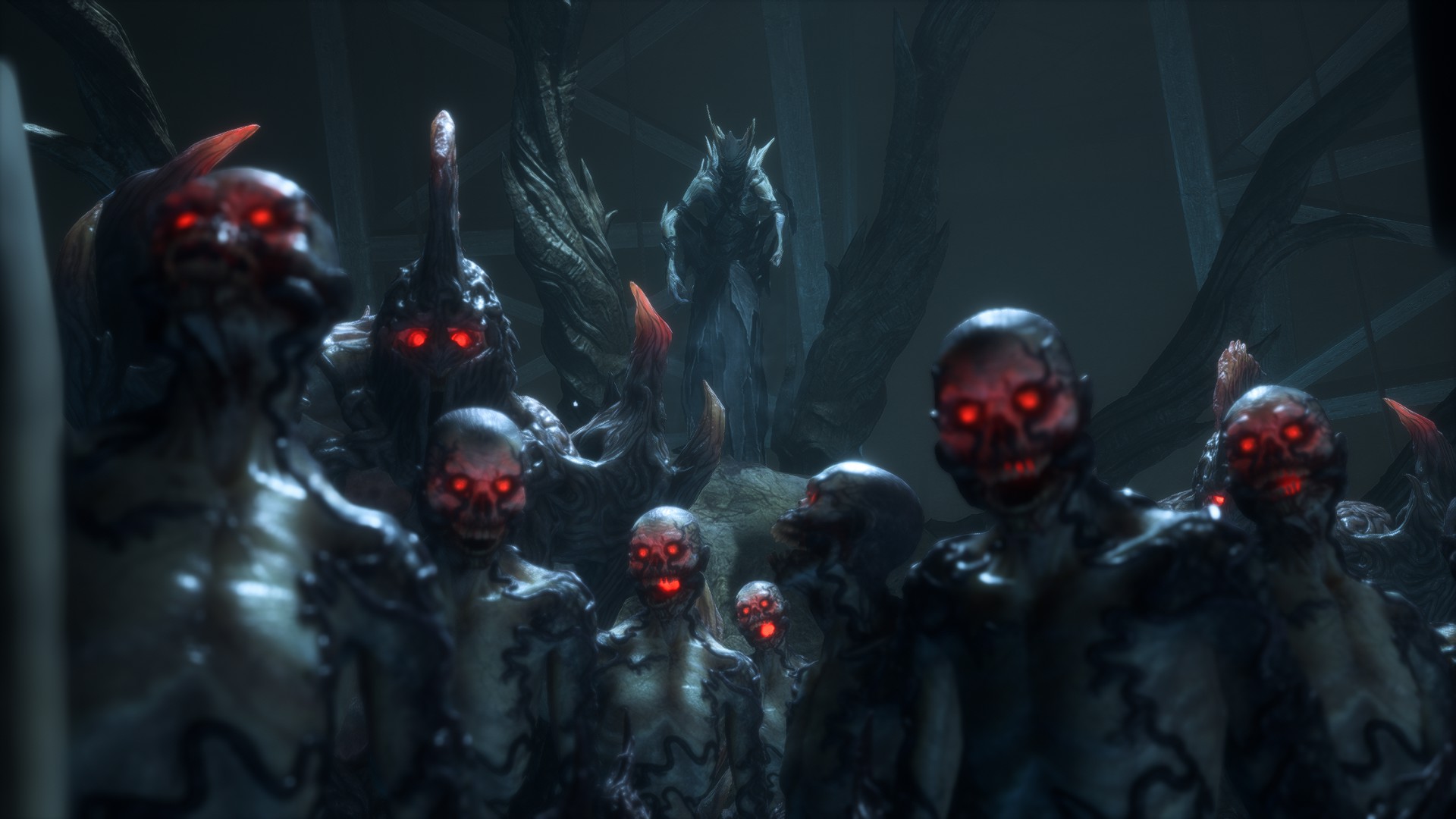
Publishers often have outsized expectations that mean even games that are arguably successful get thrown under the bus (Square Enix in particular is famous for this), though in this case EA’s response is perhaps a bit more understandable given the stronger sales of previous Dragon Age games. So as much as I’m loath to back EA here, it’s easy to see why it’s not exactly celebrating The Veilguard’s performance.
What’s ridiculous, though, is why Wilson reckons The Veilguard struggled. “In order to break beyond the core audience,” he said, “games need to directly connect to the evolving demands of players who increasingly seek shared-world features and deeper engagement alongside high-quality narratives in this beloved category. Dragon Age had a high quality launch and was well-reviewed by critics and those who played; however, it did not resonate with a broad-enough audience in this highly competitive market.”
Though he wasn’t explicit, we can all read between the lines: Wilson regrets not pushing for The Veilguard to have the live service component it was originally going to be laden with. And look, I get the logic. This is what generates most of EA’s cash. Live service games are 74% of EA’s business. And it’s the same for EA’s competition. Games like Fortnite, LoL, World of Warcraft, Final Fantasy 14, Helldivers 2 and their ilk are huge cash cows.
Service industry
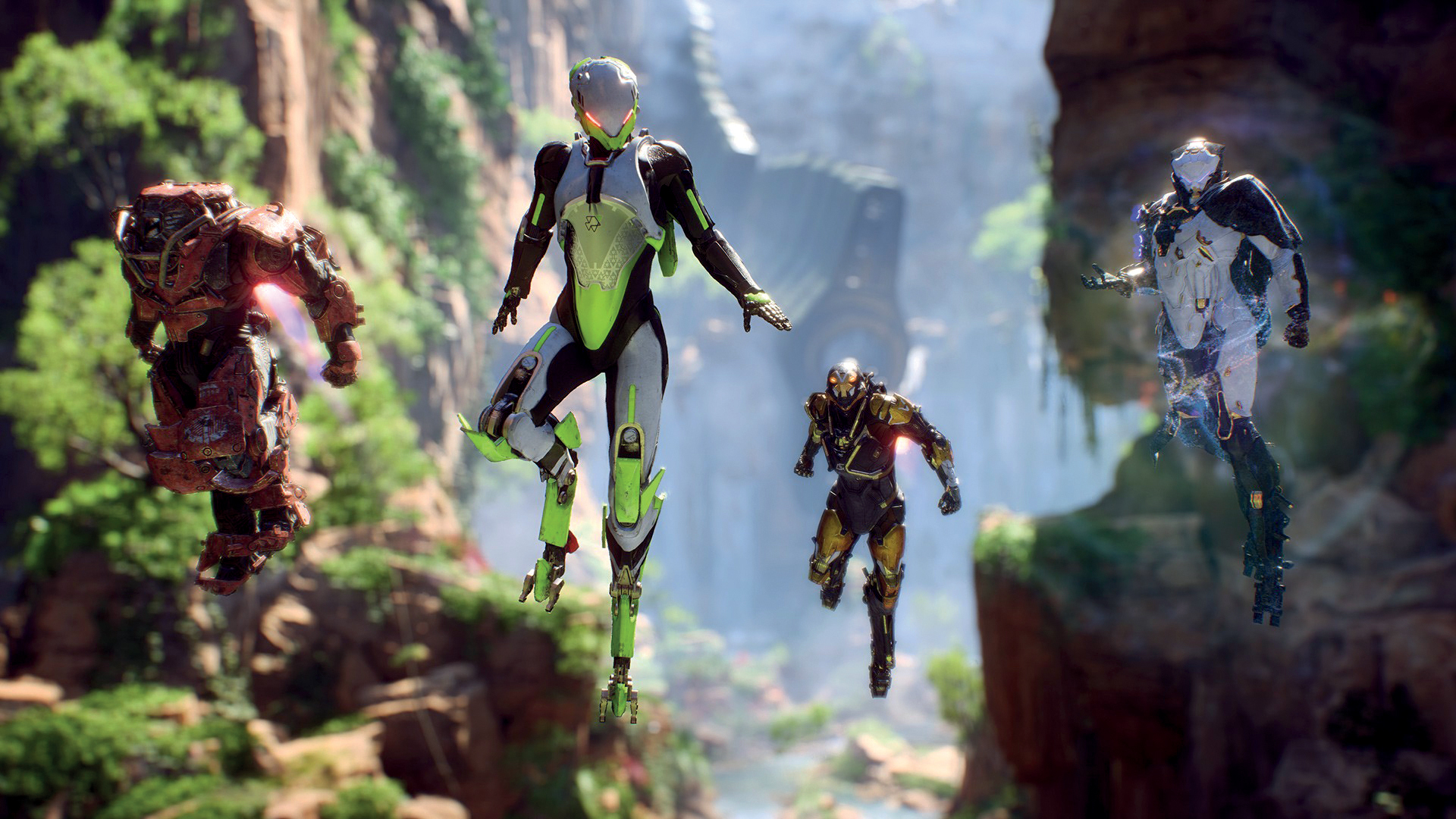
But it’s incredibly reductive to look at the popularity of these games and assume that the failure of The Veilguard was down to it not just cribbing from their playbook. The implication is that singleplayer games cannot succeed, and that success necessitates grabbing the broadest possible audience, which means making a live service game. But the path to live service success is littered with the corpses of countless failed games—including BioWare’s very own Anthem.
The path to live service success is littered with the corpses of countless failed games.
Ultimately Wilson is conflating two entirely separate things: the failure of The Veilguard and the success of certain live service games. They aren’t linked. It’s the kind of reductive thinking that leads to homogenisation. You could just as easily suggest that The Veilguard’s failure stems from it not featuring guns, cars and satirical commentary on America. Why not make every game GTA?
By boiling The Veilguard’s comparatively poor performance down to the absence of “shared-world features” and “deeper engagement”, Wilson is also (quite cunningly) sidestepping the actual criticisms that have been levelled against BioWare’s latest effort. It was “great”, he says, but just not live service enough. Let’s ignore the mismanagement, the multiple pivots, the quality of the writing, the disregard for the series’ legacy, the awkward pacing, the poorly received companions. No, it couldn’t have anything to do with that. It was an amazing game, it just wasn’t Fortnite enough.
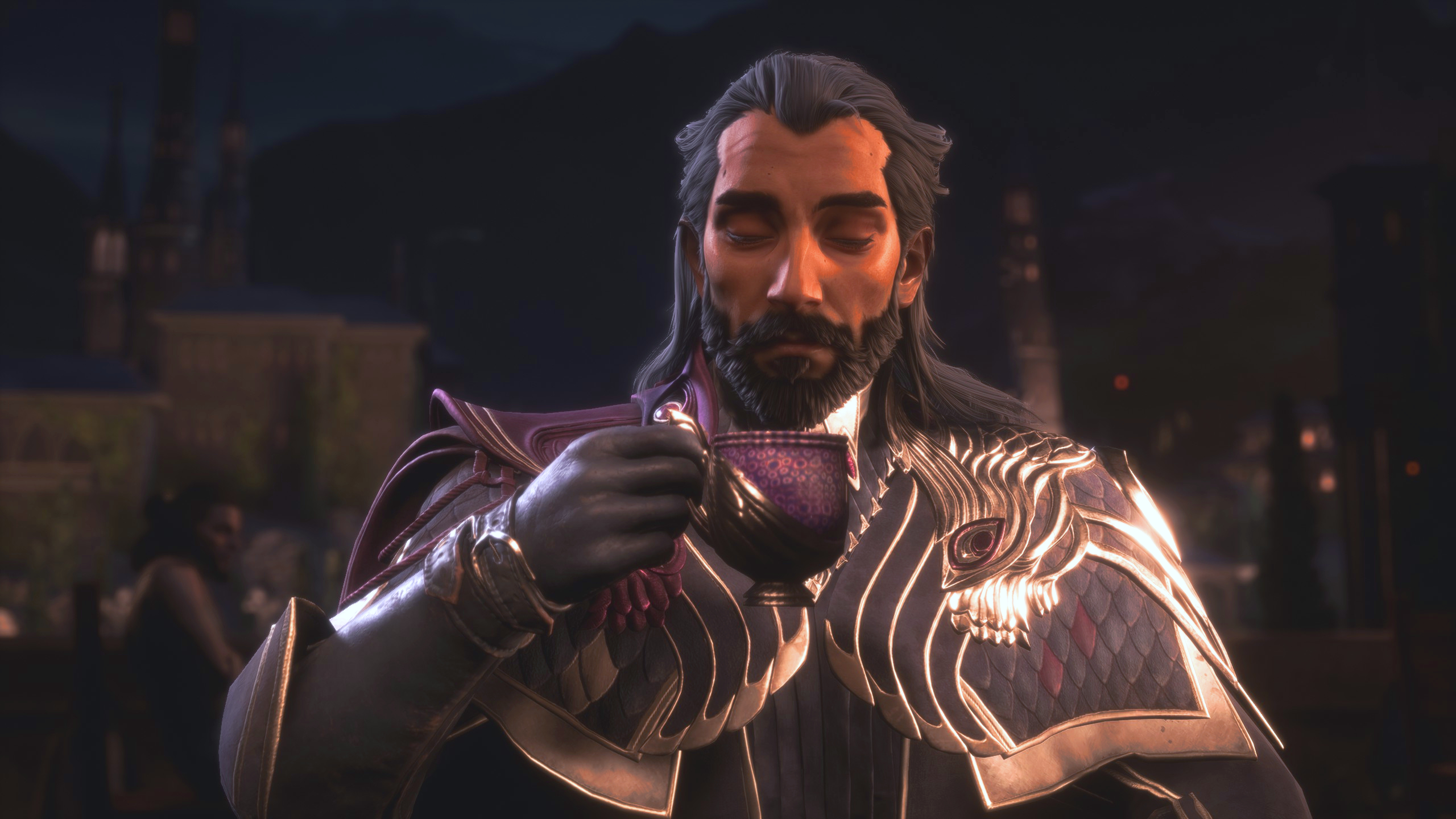
He’s willfully ignoring what The Veilguard is, and is instead using it to bolster the strategy he’s been pushing for years: the desolation of singleplayer games. He’d rather gamble on one game that players might keep pouring their time and cash into for years than a bunch of singleplayer games that folk are done with after 50 hours. And you could argue that from a business standpoint—ignoring the fact that most live service games fail—it makes sense. But it’s disastrous for gamers, inevitably leading to a less varied library of games.
The incredible success of Baldur’s Gate 3 completely undermines his position. Not only is it a singleplayer RPG—albeit one that can be played in multiplayer—it’s a sequel to a BioWare game, and it’s completely absent the trappings of live service. Baldur’s Gate 3 reached the lofty heights of its popularity not by tricking people into spending more money, or using FOMO to keep players coming back day after day for years—it’s simply an incredibly high quality RPG. Best-in-class quest design, a compelling cast, intricate tactical fights, emotionally resonant storytelling—basically all the stuff The Veilguard should have had as an RPG, but didn’t. In half a year it had sold more than 10 million copies, and by the end of 2024 its daily active users had gone up by 20% compared to 2023.
BG3 was ultimately The Veilguard’s main competitor: two beloved fantasy RPG series with important legacies. It’s the game most of us compared it to, and wished it was closer to. The Veilguard’s struggle to find the audience EA wanted it to reach wasn’t because it was missing battle passes or seasons or microtransactions—the main issue is that it wasn’t remotely as good as BG3.
Cause and effect
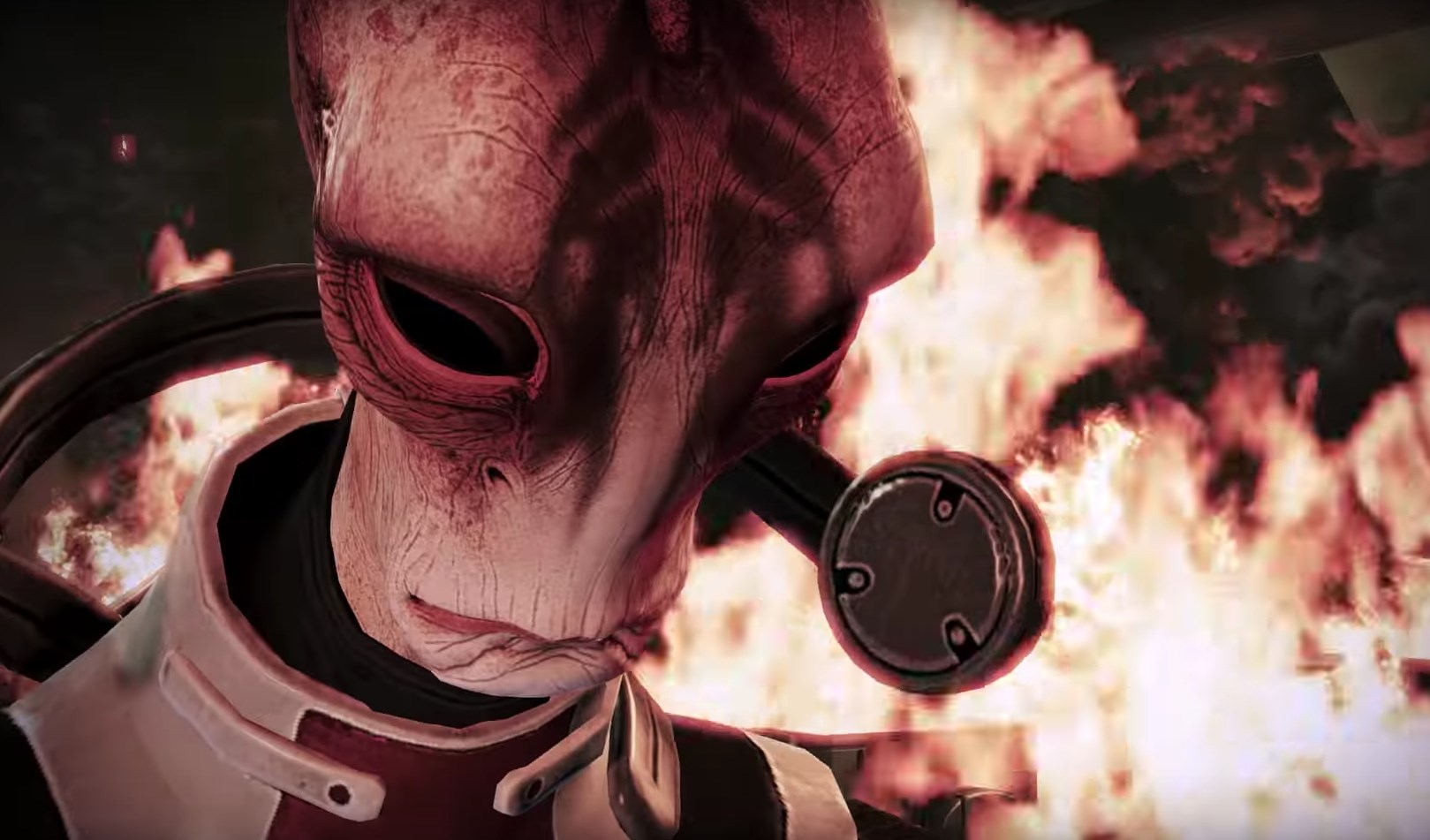
Now, I don’t have a dog in this fight. I’m done with BioWare. It’s going to take a miracle for me to play anything it puts out from now on. But I would still love to see it return to the good old days. I would be ecstatic if Mass Effect 5 turned things around. And I know a helluva lot of folk are pinning their hopes on this happening. But Wilson’s stance makes it pretty obvious this will never happen. Mass Effect 5 is totally screwed.
EA already gutted BioWare before The Veilguard launched, and it’s continued to do so since then. And even before The Veilguard’s development kicked off, it was a mere shadow of its former self. This is not a studio that’s looking healthy, and I don’t see how it can possibly create a quality RPG under these conditions. Wilson wants more live service bullshit, and if Mass Effect 5 ever makes it to launch—and to be clear, I think there’s a very real risk of this not actually happening—then it’s not going to be the game RPG fans deserve. It’s going to be a hollow vessel that exists solely to create player engagement. Sure, Wilson still pretends he cares about “high quality narratives”, but this is secondary to building a cash cow.
BioWare was able to create plenty of exceptional RPGs under EA—Mass Effect 1-3, Dragon Age: Origins, Dragon Age 2, Dragon Age: Inquisition, Star Wars: The Old Republic—but the publisher has been chipping away at the studio for nearly 20 years, and it’s finally succeeded in effectively destroying it. Unfortunately, it’s only going to get worse from here on out.







